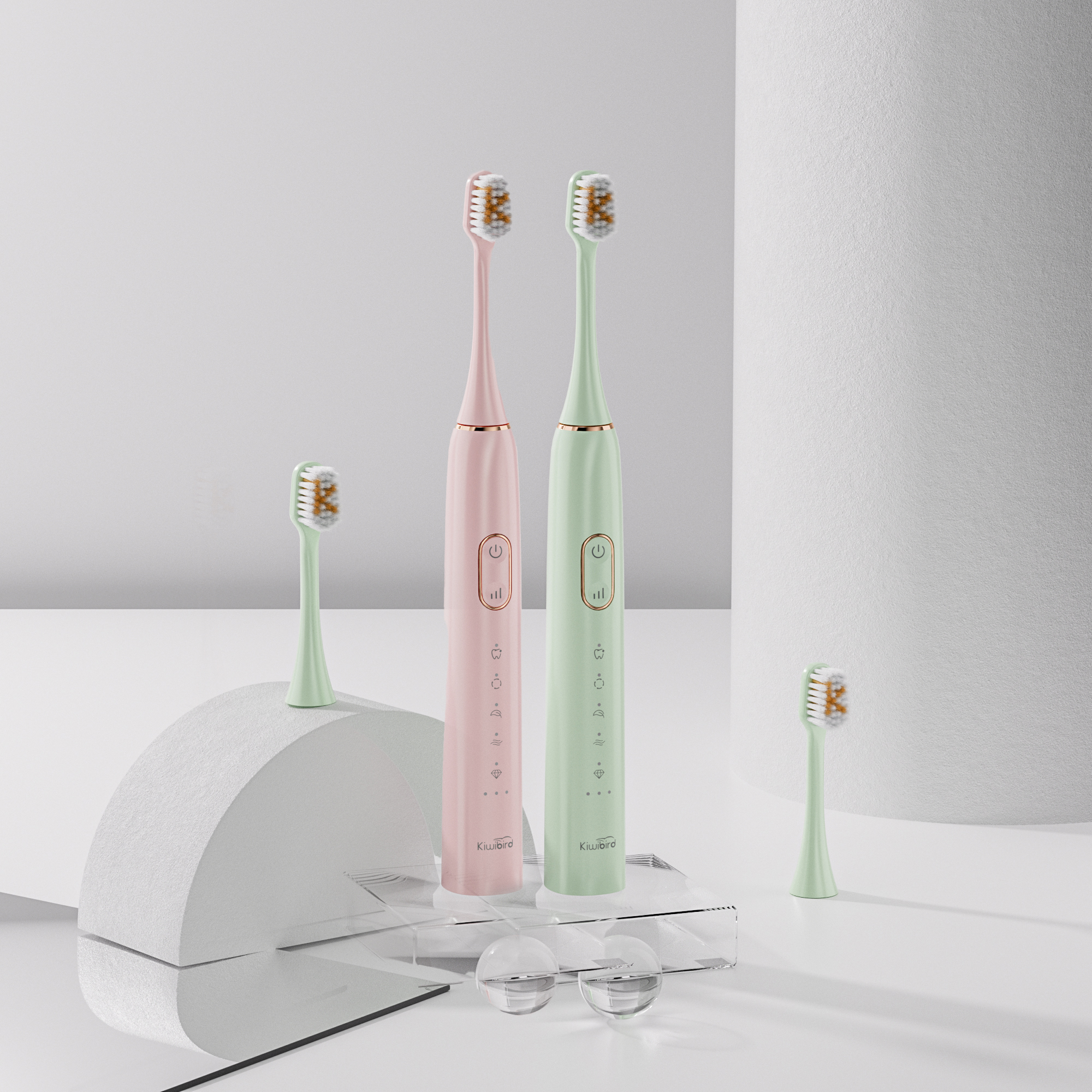In dense neighborhoods and small bathrooms, every cubic inch matters. For OEM/ODM teams and retail buyers, a purpose-built Boston compact toothbrush can deliver outsized value by shrinking footprint without sacrificing cleaning performance. Below are six manufacturer-ready levers—industrial design, power system, head ecosystem, storage/charging, packaging/merchandising, and validation/KPIs—that turn “compact” into real Boston space-saving outcomes.
First, start with the geometry.
Next, miniaturization must not punish runtime.
Moreover, compact handles need heads that clean efficiently in tight spaces.
Furthermore, how and where the product sits matters as much as its size.
Meanwhile, compact should also win on shelf and in the mail.
Finally, verify that small still equals durable.
To deliver a compact electric brush that genuinely saves space in Boston homes:
Want a two-page spec (dimensions, dock/mount drawings, battery/BMS table, head geometries, and pilot KPI dashboard) tailored to your factory and Boston retail partners? I can draft it immediately. Contact us
1-1024x683.jpg)

Can an Electric Toothbrush with App Connectivity Improve Brushing in Boston?

How to claim a Boston student discount on Boston clinic recommended brushes

Is a Boston student toothbrush durable enough as a Boston dorm toothbrush?
.jpg)
Compact Electric Toothbrush for Boston Dorms
.jpg)
Boston Electric Toothbrush for Sensitive Gums
.jpg)
Why Boston clinic recommended brushes help Boston sensitive gums

What’s the Best Electric Toothbrush for Sensitive Gums in Boston?
.jpg)
sonic electric toothbrush Boston
.jpg)
How Boston app toothbrush tech elevates your Boston smart toothbrush routine?
.jpg)
Boston Electric Toothbrush for Sensitive Gums: Gentle Yet Powerful
.jpg)
Boston Electric Toothbrush Dental Office Recommended
.jpg)
Boston Electric Toothbrush with App Connectivity
.jpg)
College Student Electric Toothbrush Boston
.jpg)
Why Choose an Electric Toothbrush Recommended by Dental Offices in Boston?

Is a Compact Electric Toothbrush Ideal for Boston Dorms?

Which Electric Toothbrush Is Best for College Students in Boston?